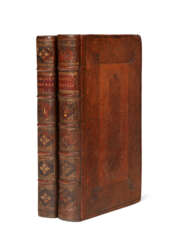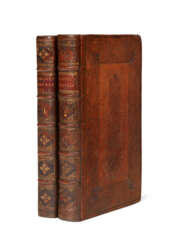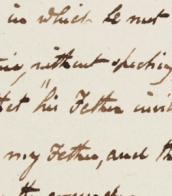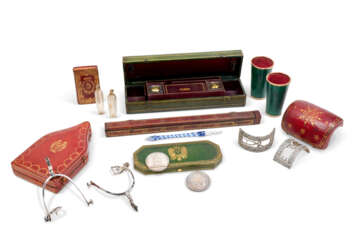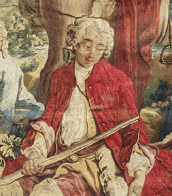travel
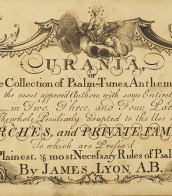
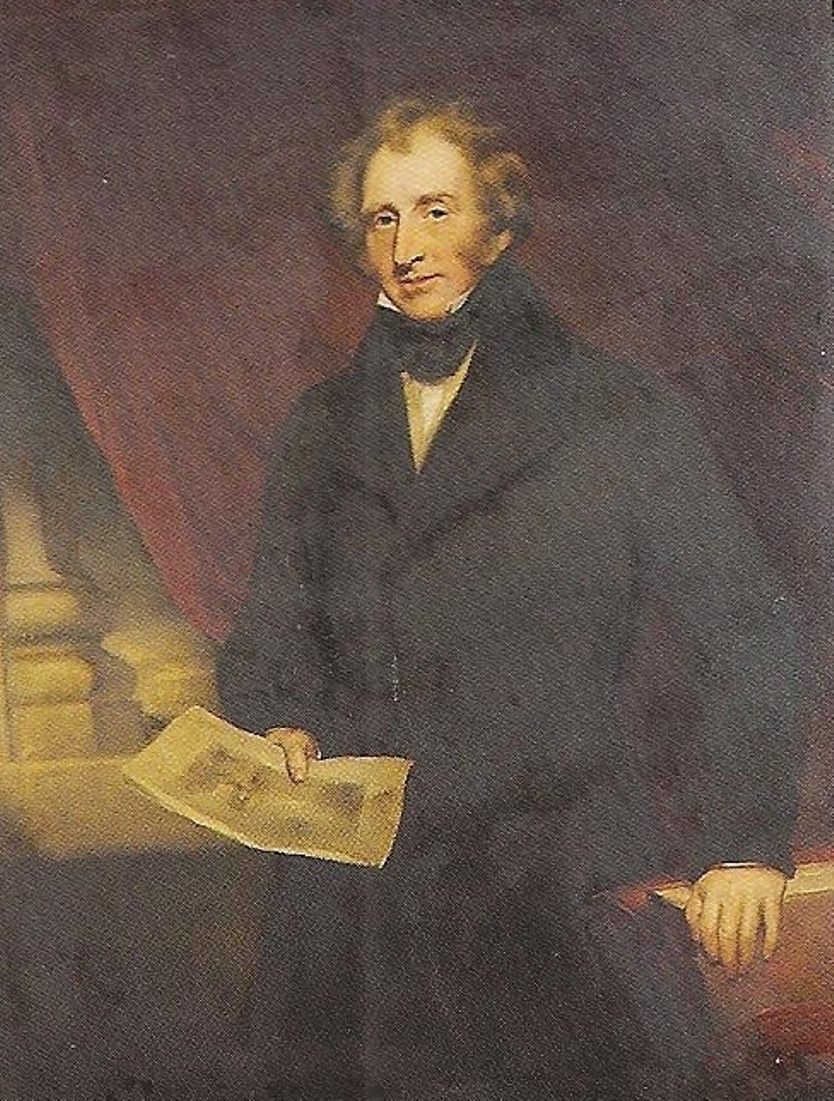
Isaac Weld was an Irish explorer, writer, and artist.
After completing his studies, Isaac Weld traveled to the new lands of America in 1795, meeting Thomas Jefferson and George Washington. The purpose of his journey was to learn of opportunities for Irish resettlement. Returning in 1797, Weld soon published his book, A Journey through the States of North America and the Provinces of Upper and Lower Canada. In general, Weld did not like the United States; he particularly noted the practice of slavery and the treatment of Native peoples by the rude new Americans. But he liked Canada and Quebec: he praised the views from the Citadel and reported that because of the low cost of land, a middle-income person could easily settle in the country for himself and his family.
This book by Weld was quite popular: it went through several editions from its first publication in 1799 to 1807. By 1820, it had also been translated into French, German, Italian, and Dutch.
In 1800 Weld was elected a member of the Royal Society of Dublin. In 1811 and 1812 he served on the library committee, and on December 4, 1828, he was elected honorary secretary. His first act in this capacity was to establish an annual exhibition of specimens of the manufactures and products of Ireland. Isaac Weld published several other books on Ireland and Great Britain, illustrated with his own drawings. Of these, his Statistical Survey of the County of Roscommon, over seven hundred pages long, published by the Royal Dublin Society in 1832, stands out.
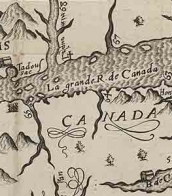
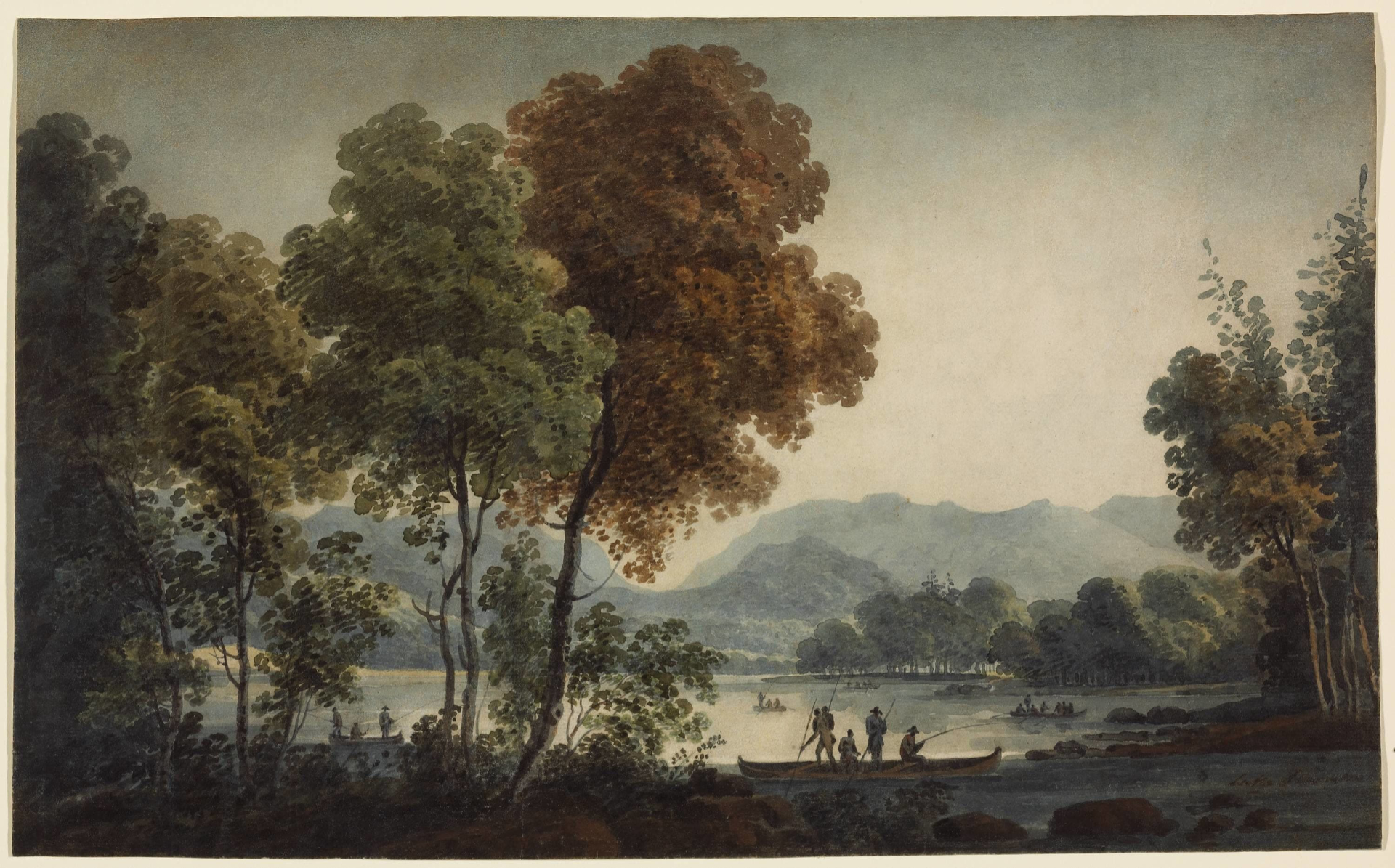
George Heriot was a Scottish and Canadian civil servant, writer and artist.
As a young man, Heriot traveled to the West Indies, wrote and sketched extensively during his stay in the Caribbean, and, returning to London in 1781, published a "Descriptive Poem". He then studied art at the Royal Military Academy at Woolwich and taught painting.
In 1792 he was sent to Quebec as clerk in the artillery department. From 1800 to 1816. Heriot served as deputy postmaster general of British North America, and upon retirement returned to Britain. During his time in Canada, in addition to his main job, George Heriot traveled extensively, as well as painting and writing. He published two books based on his experiences in the country: A History of Canada since its First Discovery (1804) and A Journey through Canada (1807), with his own illustrations.

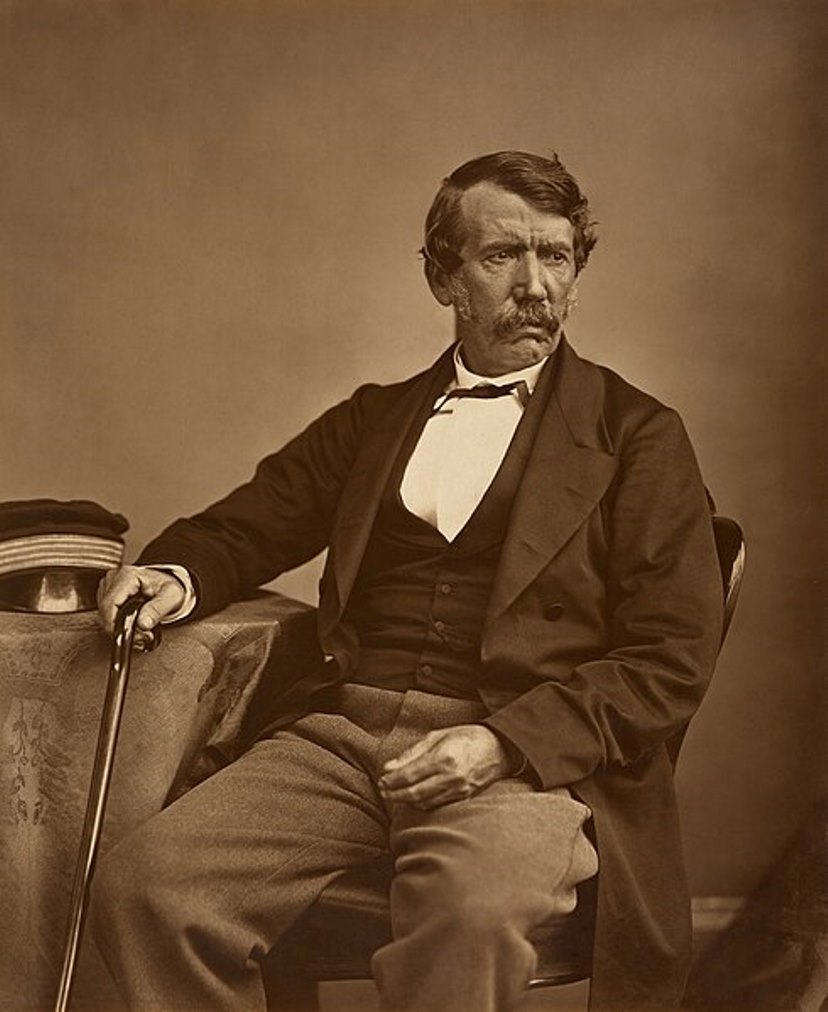
David Livingstone was a Scottish missionary, a dedicated explorer of Africa, a Fellow of the Royal Society of London, and a Correspondent of the Académie des Sciences de Paris.
He was brought up in a devout Scottish family, studied Greek, theology, and medicine in Glasgow, and earned his doctorate at Anderson University, where he studied medicine. In 1838 Livingstone was admitted to the London Missionary Society and arrived in Cape Town in March 1841, from where he began his missionary work and explorations, which ultimately had a formative influence on Western attitudes toward Africa. Livingstone spent the next thirty years traveling through the interior of southern and central Africa.
He quickly learned the languages of the local people and gained their respect. David Livingstone was the first European to cross the continent from west to east; he discovered the Zambezi River, Victoria Falls, and several major lakes in Central Africa. His publications about these explorations and the slave trade brought great fame. He established a reputation as a committed Christian, a courageous explorer, and an ardent fighter against slavery and the slave trade. His book Missionary Travels, published in London in 1857, was a great success with the public.
In 1865, the Royal Geographical Society commissioned Livingstone to find the source of the Nile River, and the brave scientist alone, not counting local helpers, made a huge journey. For several years there was no word from him, and the New York Times sent journalist Henry Stanley to find him. When they finally met on November 10, 1871, at Ujiji on the eastern shore of Lake Tanganyika, Stanley greeted him with the now famous words, "Dr. Livingstone, I presume?" Stanley brought the necessary medicines, and soon the seriously ill Livingstone regained his strength. Together they still explored the shores of the lake, but to all entreaties Stanley to leave Africa with him, the selfless scientist refused.
David Livingstone died on May 1, 1873, his heart was buried in Ulala, and his body was transported to Great Britain and buried with honors in Westminster Abbey.


Isaac Weld was an Irish explorer, writer, and artist.
After completing his studies, Isaac Weld traveled to the new lands of America in 1795, meeting Thomas Jefferson and George Washington. The purpose of his journey was to learn of opportunities for Irish resettlement. Returning in 1797, Weld soon published his book, A Journey through the States of North America and the Provinces of Upper and Lower Canada. In general, Weld did not like the United States; he particularly noted the practice of slavery and the treatment of Native peoples by the rude new Americans. But he liked Canada and Quebec: he praised the views from the Citadel and reported that because of the low cost of land, a middle-income person could easily settle in the country for himself and his family.
This book by Weld was quite popular: it went through several editions from its first publication in 1799 to 1807. By 1820, it had also been translated into French, German, Italian, and Dutch.
In 1800 Weld was elected a member of the Royal Society of Dublin. In 1811 and 1812 he served on the library committee, and on December 4, 1828, he was elected honorary secretary. His first act in this capacity was to establish an annual exhibition of specimens of the manufactures and products of Ireland. Isaac Weld published several other books on Ireland and Great Britain, illustrated with his own drawings. Of these, his Statistical Survey of the County of Roscommon, over seven hundred pages long, published by the Royal Dublin Society in 1832, stands out.


George Heriot was a Scottish and Canadian civil servant, writer and artist.
As a young man, Heriot traveled to the West Indies, wrote and sketched extensively during his stay in the Caribbean, and, returning to London in 1781, published a "Descriptive Poem". He then studied art at the Royal Military Academy at Woolwich and taught painting.
In 1792 he was sent to Quebec as clerk in the artillery department. From 1800 to 1816. Heriot served as deputy postmaster general of British North America, and upon retirement returned to Britain. During his time in Canada, in addition to his main job, George Heriot traveled extensively, as well as painting and writing. He published two books based on his experiences in the country: A History of Canada since its First Discovery (1804) and A Journey through Canada (1807), with his own illustrations.


George Heriot was a Scottish and Canadian civil servant, writer and artist.
As a young man, Heriot traveled to the West Indies, wrote and sketched extensively during his stay in the Caribbean, and, returning to London in 1781, published a "Descriptive Poem". He then studied art at the Royal Military Academy at Woolwich and taught painting.
In 1792 he was sent to Quebec as clerk in the artillery department. From 1800 to 1816. Heriot served as deputy postmaster general of British North America, and upon retirement returned to Britain. During his time in Canada, in addition to his main job, George Heriot traveled extensively, as well as painting and writing. He published two books based on his experiences in the country: A History of Canada since its First Discovery (1804) and A Journey through Canada (1807), with his own illustrations.

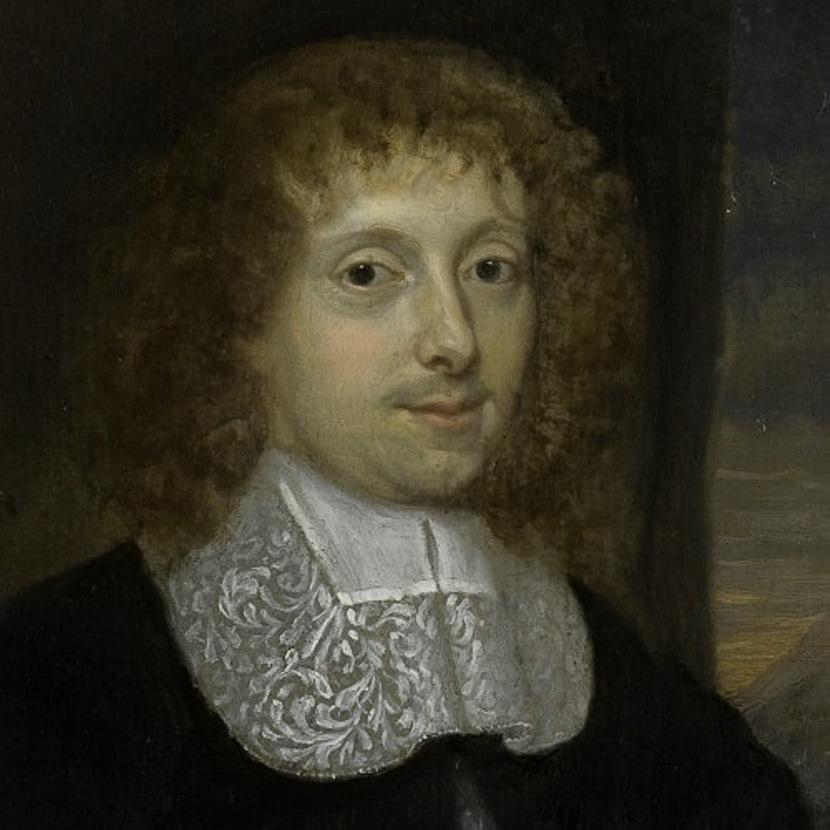
Edward Browne was a British physician, president of the College of Physicians, traveler, historian and writer.
Edward was the eldest son of the famous British scientist Sir Thomas Browne (1605-1682), received a Bachelor of Medicine degree from Cambridge later and a Doctor of Medicine degree from Oxford, and became a member of the Royal Society. In addition to medicine, his subjects of study included botany, literature, and theology. He lived in London and traveled throughout Europe visiting museums, churches, and libraries (Italy, France, the Netherlands, and Germany). In 1673 he published an account of his travels in Eastern Europe, notable for its scrupulous accuracy.
Edward Browne also published two other works: a historical treatise and biographies of Themistocles and Sertorius. He was physician to King Charles II of England and left many manuscript notes on medicine. The chronicle of his journey through Thessaly is a unique and valuable source of information about the region in the second half of the 17th century. He was admitted to the College of Physicians in 1675 and served as its president from 1704 to 1708.

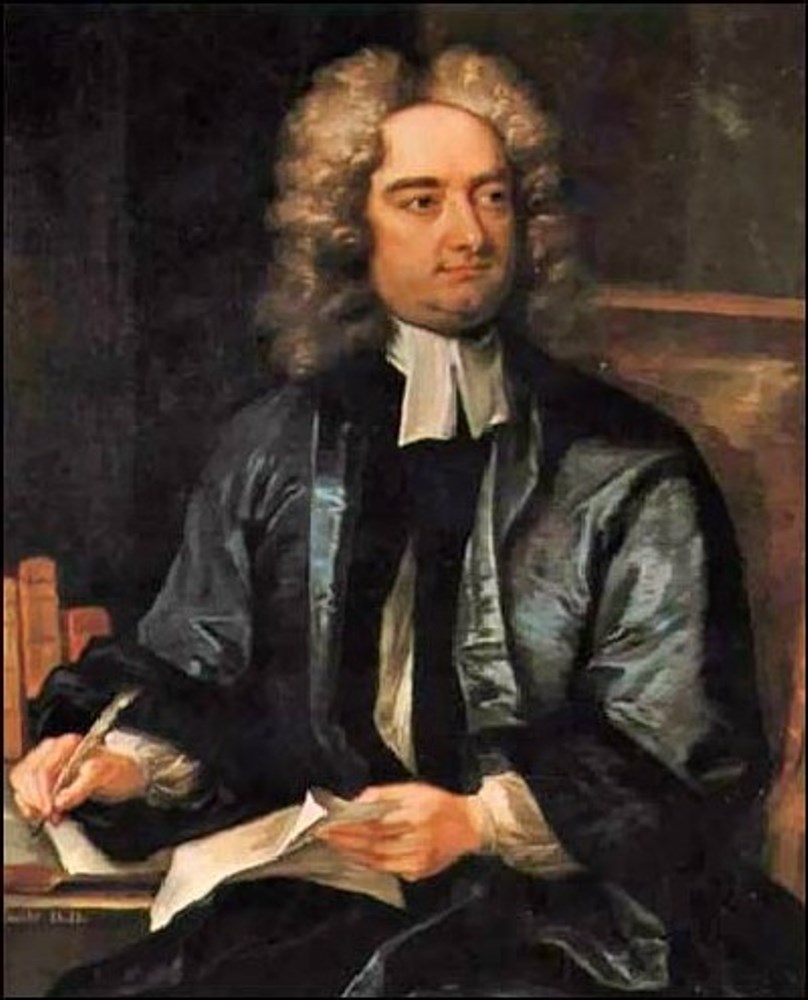
Jonathan Swift was a British-Irish writer, essayist, philosopher, and author of the world-famous satirical novel Gulliver's Travels.
Swift also wrote numerous works, including The Tale of the Barrel (1704), An Argument Against the Abolition of Christianity (1712), and A Modest Proposal (1729). Almost all of Swift's satirical works were published anonymously, giving the author wide latitude in expressing his talent as a satirist.
Swift was a clergyman, made a career in London, became the chief pamphleteer and political writer of the Tories and headed the Tory journal "The Inspector", and then returned to Ireland, where he created his major life's work.
The four-part novel Gulliver's Travels, Jonathan Swift's greatest satire, was first published in 1726 and has since been reprinted hundreds of times in many languages around the world. The author describes in an engaging style the different races and societies that Gulliver encounters on his travels to ridicule the many errors, follies, weaknesses and vices to which people and society at large are subject. The author's boundless imagination, bitter irony, keen intellect and brilliant language give this work a world-class scope.


Jonathan Swift was a British-Irish writer, essayist, philosopher, and author of the world-famous satirical novel Gulliver's Travels.
Swift also wrote numerous works, including The Tale of the Barrel (1704), An Argument Against the Abolition of Christianity (1712), and A Modest Proposal (1729). Almost all of Swift's satirical works were published anonymously, giving the author wide latitude in expressing his talent as a satirist.
Swift was a clergyman, made a career in London, became the chief pamphleteer and political writer of the Tories and headed the Tory journal "The Inspector", and then returned to Ireland, where he created his major life's work.
The four-part novel Gulliver's Travels, Jonathan Swift's greatest satire, was first published in 1726 and has since been reprinted hundreds of times in many languages around the world. The author describes in an engaging style the different races and societies that Gulliver encounters on his travels to ridicule the many errors, follies, weaknesses and vices to which people and society at large are subject. The author's boundless imagination, bitter irony, keen intellect and brilliant language give this work a world-class scope.

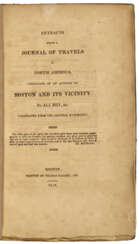

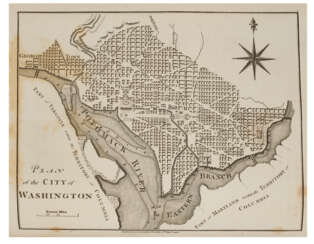

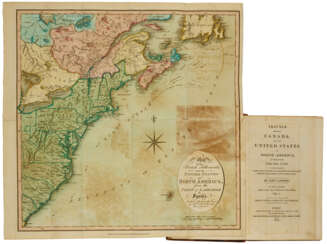

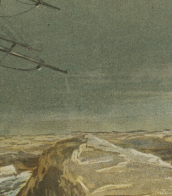
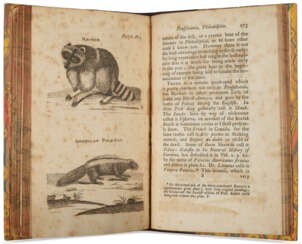

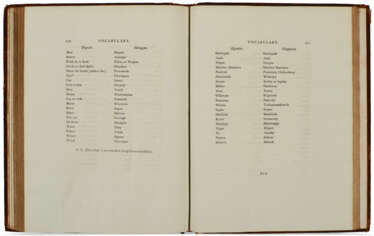

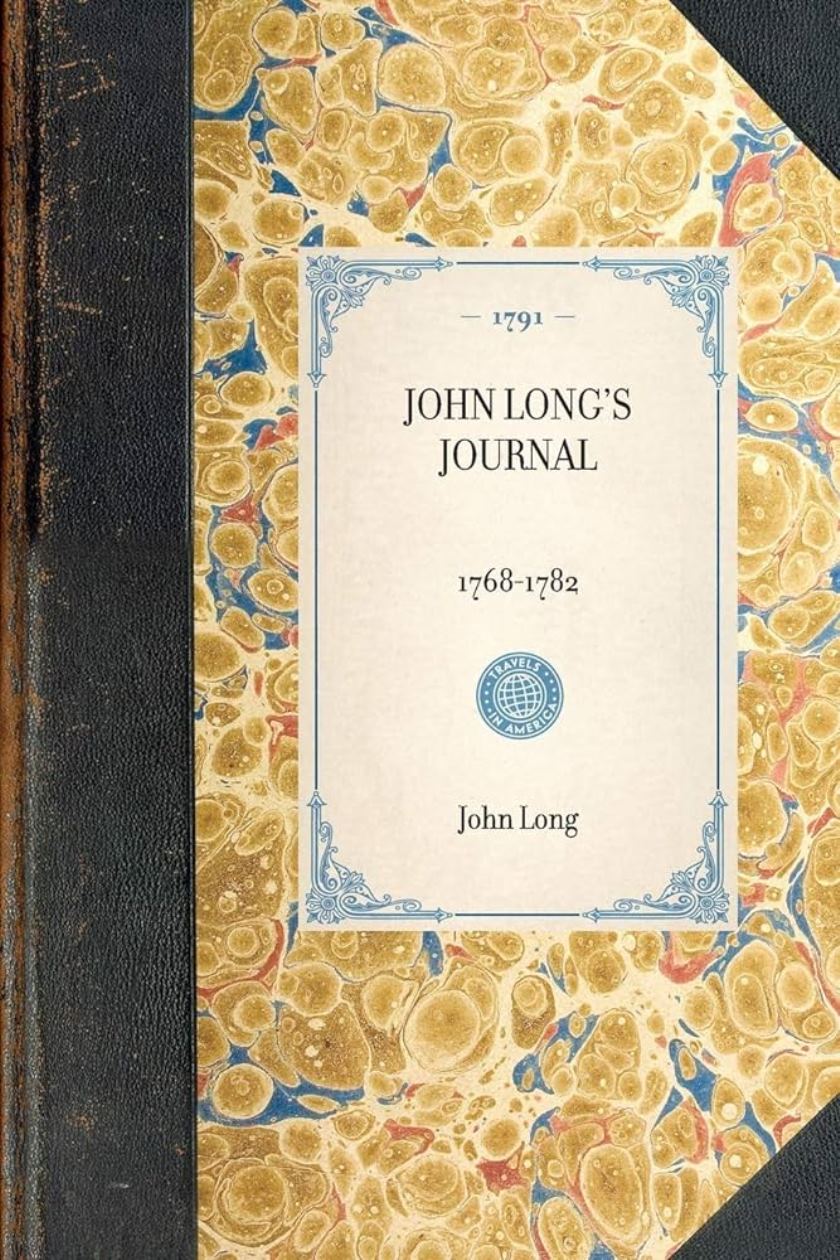
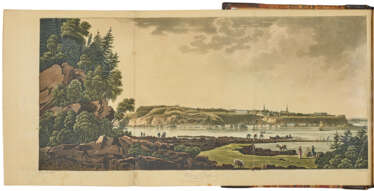

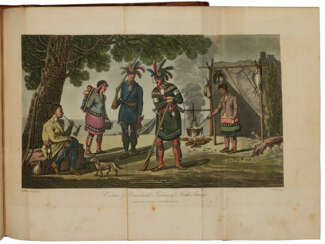

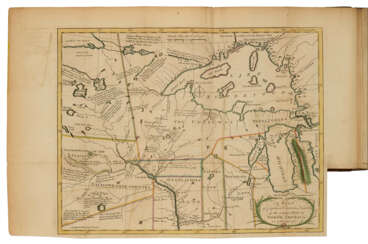

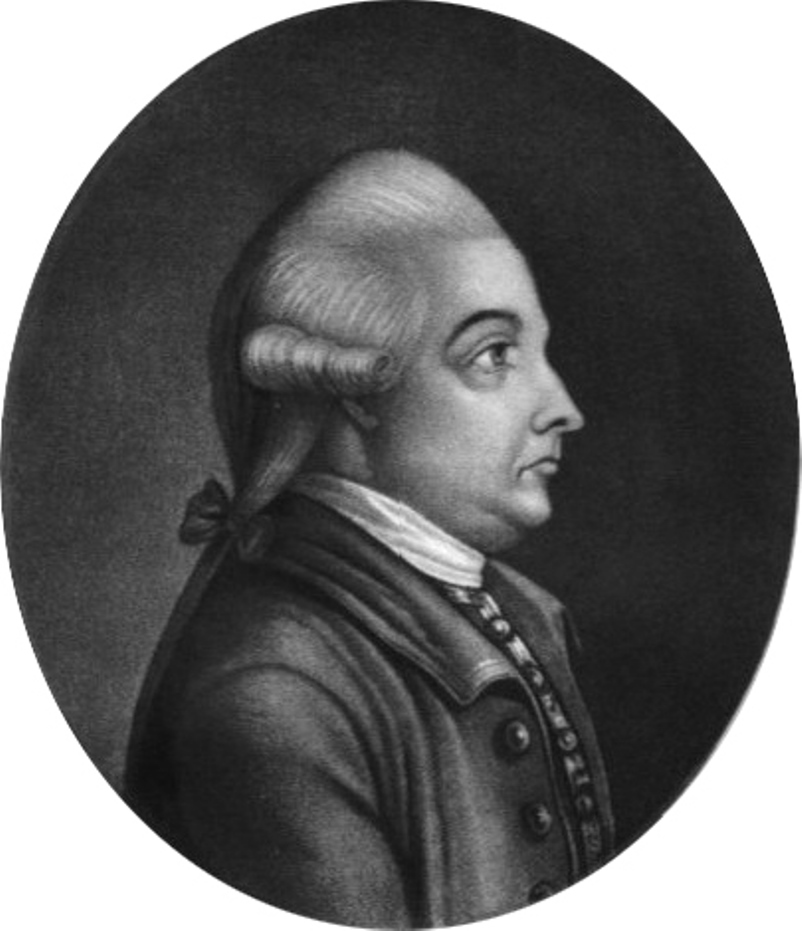
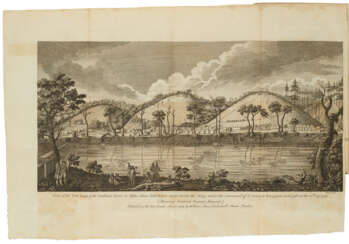

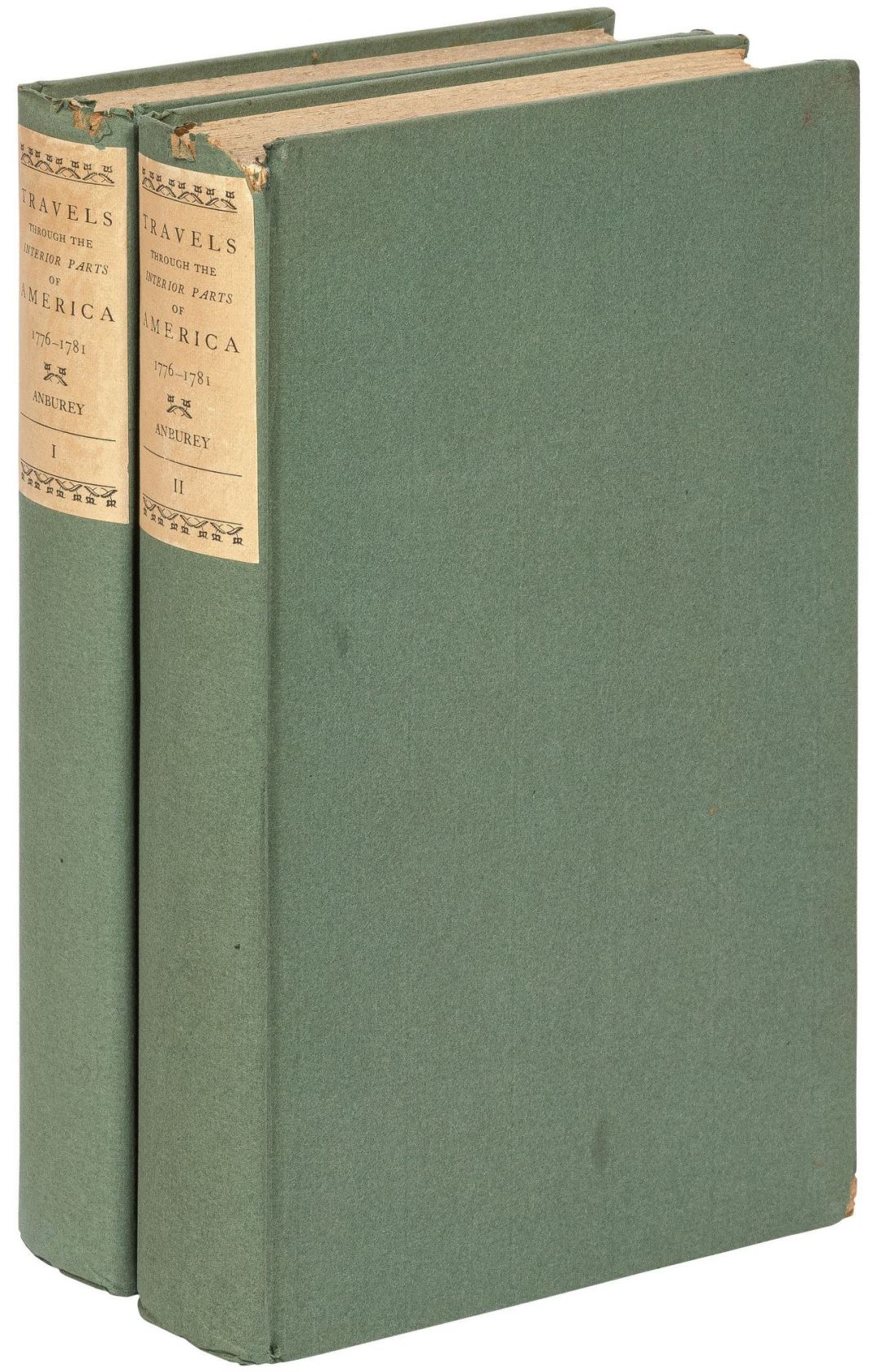
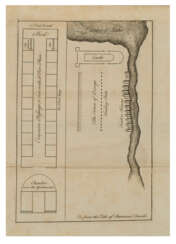

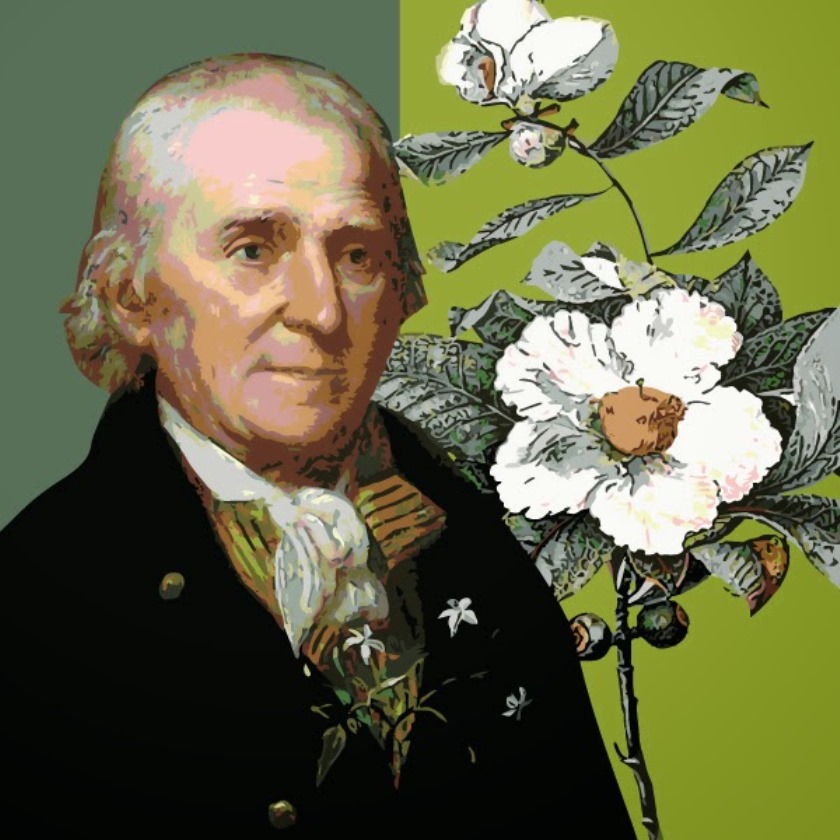
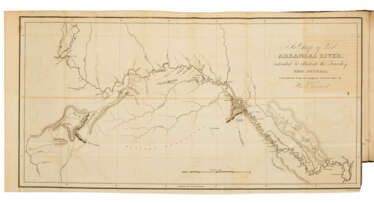

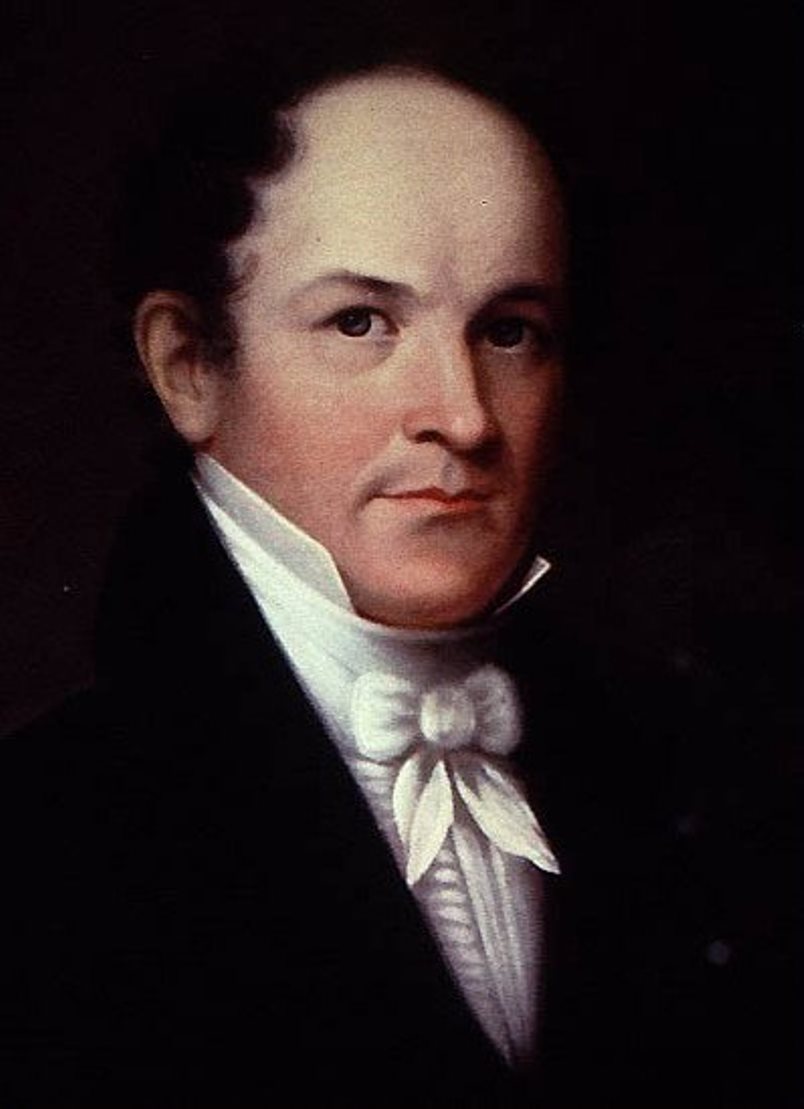
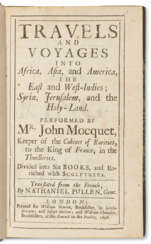

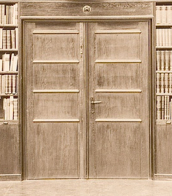
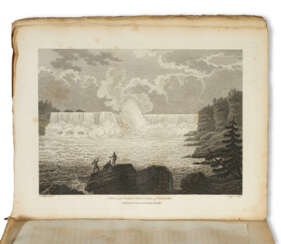

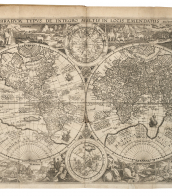
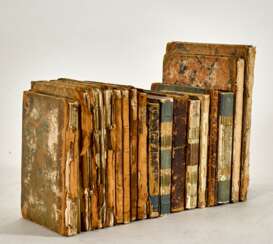

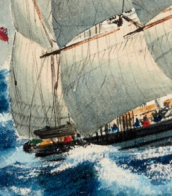
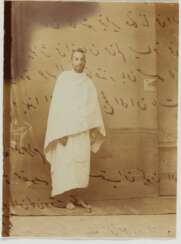





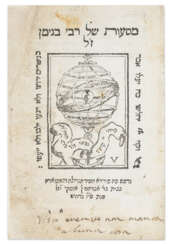



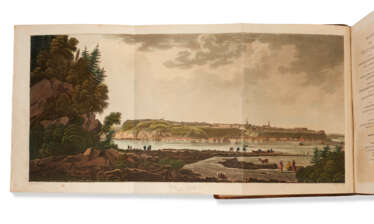



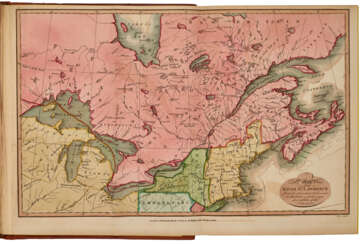

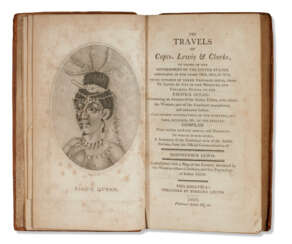

![A Brief Account of some Travels in Hungaria [and] An Account of Several Travels through a Great Part of Germany](/assets/image/picture_3127981/98310/ezwcobryrckcjrdq-yhx6jokqduhuepesrhtundubjwk4cbjotelzpqd02obttv1695627820jpg__fix_374_244.jpeg)
![A Brief Account of some Travels in Hungaria [and] An Account of Several Travels through a Great Part of Germany](https://veryimportantlot.com/assets/image/picture_3127981/98310/ezwcobryrckcjrdq-yhx6jokqduhuepesrhtundubjwk4cbjotelzpqd02obttv1695627820jpg__fix_374_244.jpeg)
